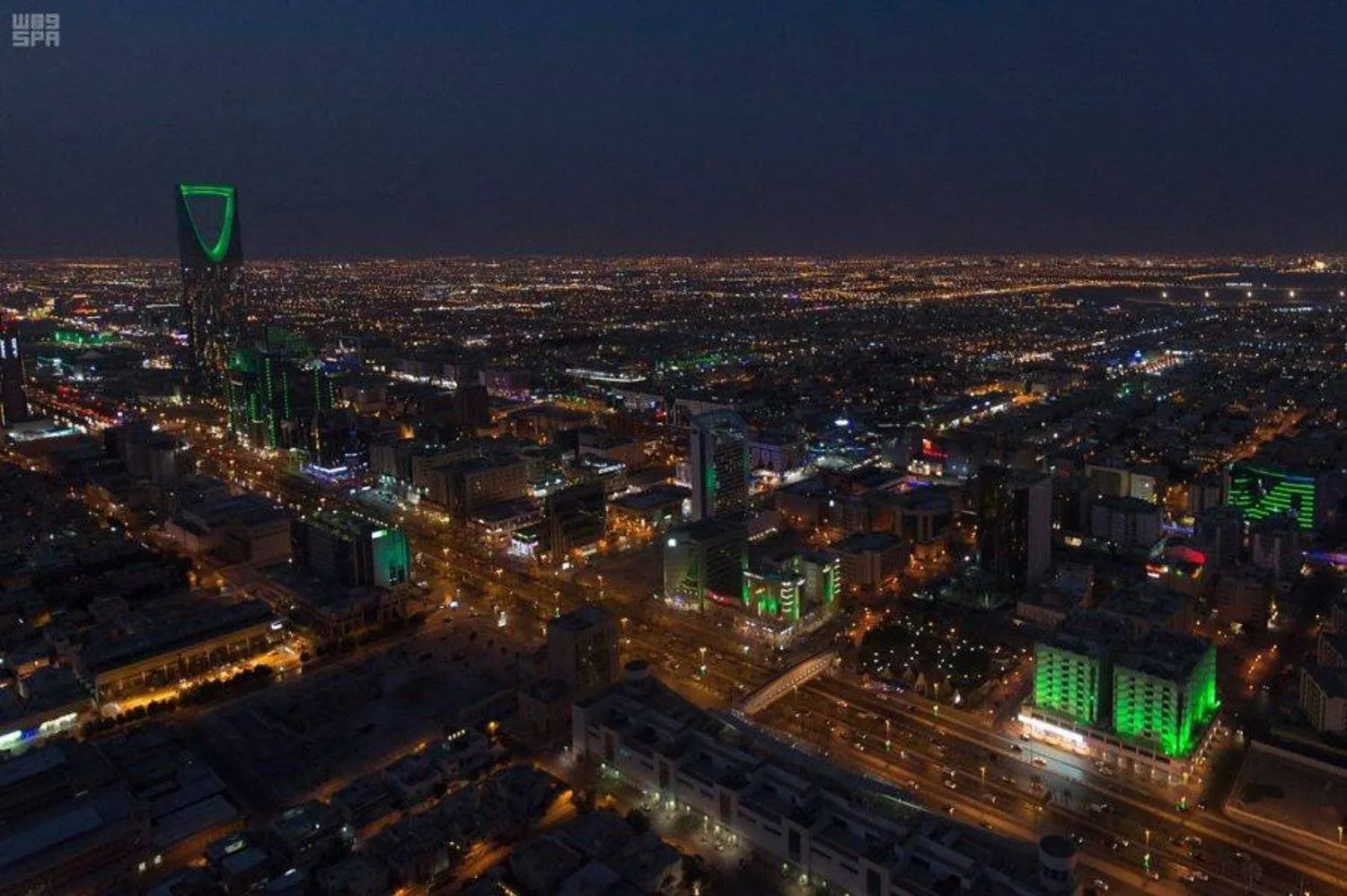Despite global challenges and threats to life and the planet, Saudi Arabia has introduced numerous initiatives that tackle these issues and offer solutions.
This was evident during the Kingdom’s presidency of the 2020 G20 Summit.
Saudi Arabia has made noteworthy contributions in sustainability, environmental preservation, carbon neutrality, promoting eco-friendly activities, and investing in the transfer and localization of technology industries for clean and sustainable energy.
According to experts interviewed by Asharq Al-Awsat, Riyadh has presented initiatives that are friendly to human life and the planet. These include the Middle East Green Initiative and the Saudi Green Initiative.
Additionally, Riyadh’s efforts in stimulating the global economy through financial solutions and revitalizing emerging and promising sectors enable it to host the best version of the World Expo 2030.
The Kingdom’s candidacy strategy for its bid to hold the international fair addresses global issues and provides all the necessary elements to achieve its goals effectively.
The timing of the Expo 2030 exhibition will coincide with the completion of the programs, projects, and goals of Vision 2030 in Saudi Arabia, said Fadel al-Buainain, a member of the Saudi Shura Council.
As a result, it will serve as a culmination of government efforts and the ambitious transformation project led by Crown Prince Mohammed bin Salman. This implies that the exhibition will serve as a gateway for visitors, investors, and leaders from around the world.
Al-Buainain believes that Expo 2030, if held in Riyadh, will stimulate global stakeholders and the investment sector to invest in the Kingdom, thereby enhancing economic diversity.
Additionally, this will lead to the transformation of the expo village and its facilities into a permanent site, subsequently becoming a comprehensive tourist destination and a global platform that attracts visitors from all around the world.
Moreover, the international exhibition is expected to offer global advancements and achievements.
Al-Buainain added that all sectors in the Kingdom are now open to investors, including the hospitality sector supporting the exhibition, as well as investments in tourism, industry, technology, infrastructure, modern transportation, and other sectors brimming with investment opportunities.









